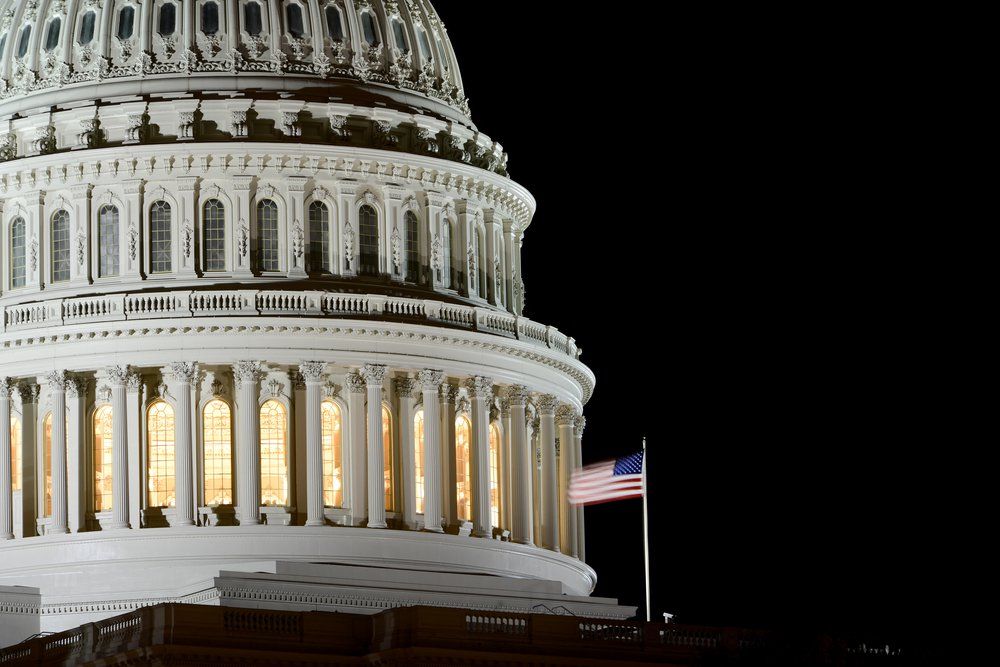Article
Malpractice Consult: "Sick" notes for patients
"Sick" notes for patients
Malpractice Consult
By Lee J. Johnson, JD
"Sick" notes for patients
Answers to your questions
Q: Patients occasionally ask me, as their FP, to write notes to their employers or schools saying they were ill. Some are legitimate requests, but others seem pretty phony. Sometimes, the patient didn't come in for a visit, or even speak with me directly.
Should I include a diagnosis in these notes? What should I do if the employer calls to confirm it? What is my liability if I write a note saying Mrs. Smith was ill yesterday?
A: Requests for sick notes are common, since many schools or companies require them when someone is absent. But the notes are usually more a nuisance than a serious liability issue for physicians.
Still, there are some potentialalbeit fairly remoteliability exposures. You could be sued for breach of confidentiality if you divulge information that the patient wanted kept secret and the patient is somehow damaged by that disclosure. The privilege in the doctor-patient relationship is waived when the patient asks the doctor to write the note to the third party. But if the patient asks that the true diagnosis be withheld, either requesting no diagnosis or a false one, then the privilege has been only partially waived.
An employer or school may have a preprinted form with a blank for "diagnosis," and you may fill in "fever" or "chest cold" without a second thought. But suppose the patient has a contagious disease, or is stigmatized by the diagnosis, and is fired or otherwise badly treated because of the disclosure. That patient could claim that you breached the doctor-patient privilege.
Some employers or schools may call to verify that the sick note is authentic. They may also request further information. Limit the conversation to what the patient has asked you to do. If you volunteer information beyond what he requests, the patient could claim that you exceeded the parameters of his waiver of the privilege. Ask the patient how he wants you to handle calls, and document the response so you will have both the reminder and the evidence in your charts.
A malpractice claim could arise if the doctor never examines the patient before writing a note. Suppose you wrote a note saying, "Please excuse Mary Jones from school today, as she has the flu." But it turns out Mary really has pneumonia, and she claims you failed to diagnose it. You'd have a hard time refuting that if you hadn't done an exam. The best way to handle this situation is to let patients know beforehand your policy about sick notes. When faced with a request you find suspicious, you might say something like, "Mrs. Smith, if you need a day off every now and then, by all means, take one. But it makes me uncomfortable to put down in writing a diagnosis I know to be untrue, or any diagnosis if I haven't examined you. So I can't do it." Most patients won't force the issue.
The author, who can be contacted at 2402 Regent Drive, Mount Kisco, NY 10549, or at lj@bestweb.net, is a health care attorney who specializes in risk management issues. This department answers common professional-liability questions. It isn't intended to provide specific legal advice. If you have a question, please submit it to Malpractice Consult, Medical Economics magazine, 5 Paragon Drive, Montvale, NJ 07645-1742. You may also fax your question to 201-722-2688 or send it via e-mail to memalp@medec.com.
Lee Johnson. Malpractice Consult. Medical Economics Dec. 3, 2001;78:82.





